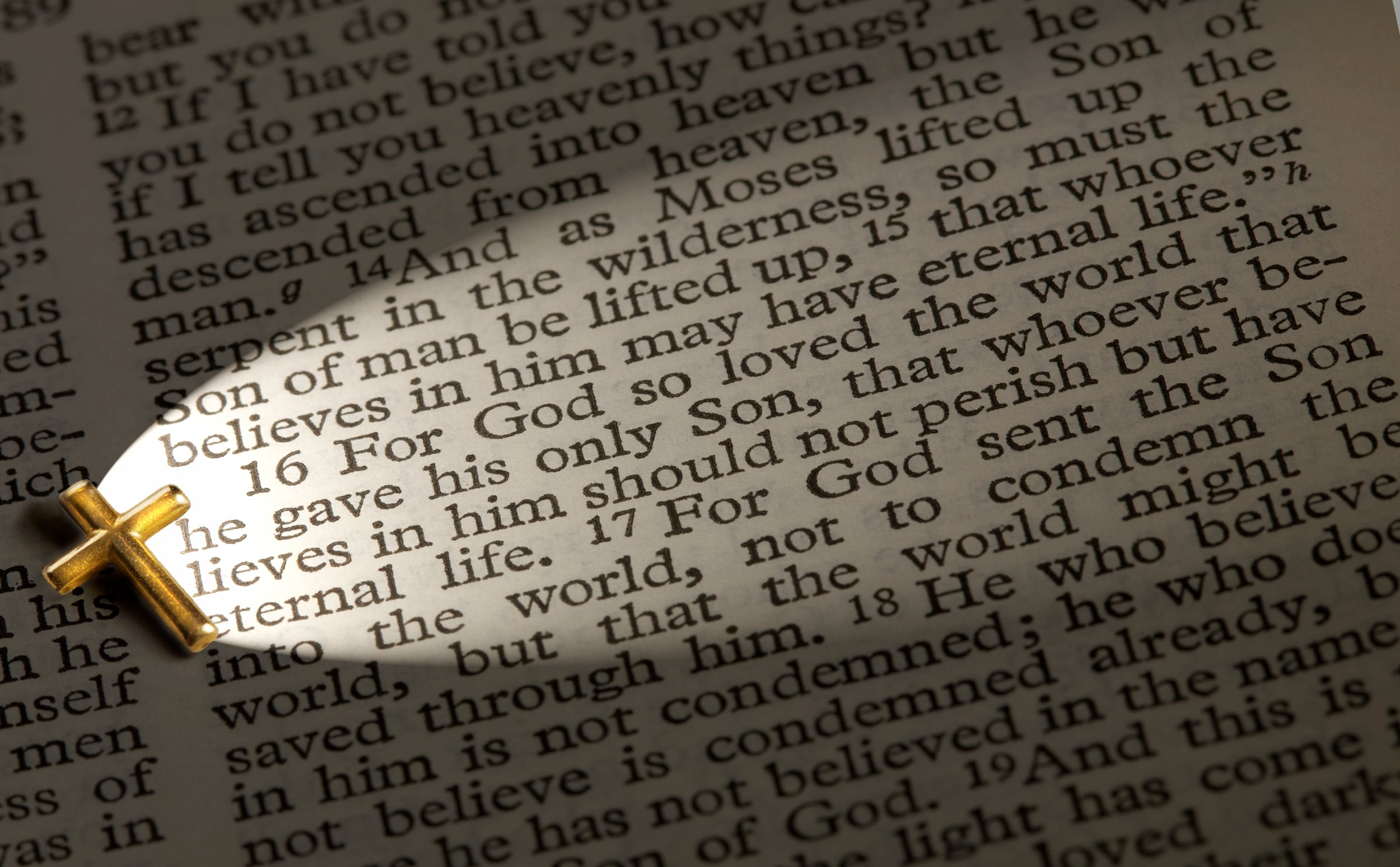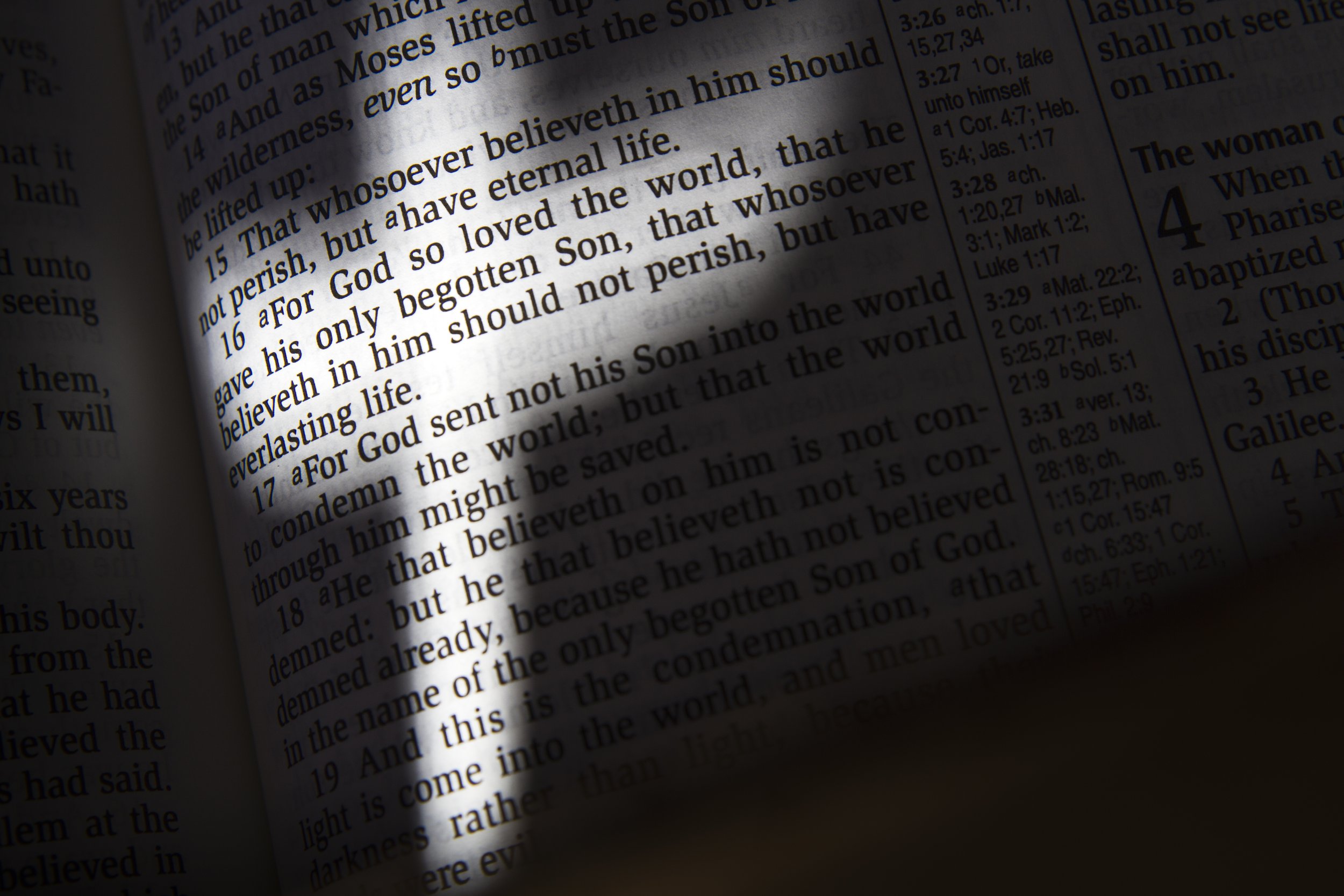God’s Heart for the World
Beating through YOU!
An urgent need exists for heart transformation through a Missio Dei immersion.
The Missio Dei is Christianity’s central or core teaching and is likewise that of being freely justified for Christ’s sake through faith.
The Missio Dei is not the good works and acts of the church, of man, or of all individuals.
There is no justification and sanctification of the sinner without the sending of Christ and sending of the Holy Spirit (The Great Sending)
We believe, teach, and confess that just as God the Father sent (apostello) His Son Jesus into the world, Jesus sends all believers into the world to “seek and save the lost” (Jn. 20:21-23; Lk.19:10).
A Jubilee
Be engaged as a reader with the truth of God’s gift of freedom from sin and the bold baptismal calling of how each Christian is sent.

his heart beating in us
He invites us into His Mission, He empowers us for His Mission, and He establishes us in His Mission.
Has the LCMS changed?
Discover the history of how the mission, focus, and unity in God’s Sending has unfolded within The Lutheran Church—Missouri Synod.
The Missio Dei is the central thrust of the Gospel, regardless of which translation or in which language one reads Scripture. The driving force of a sent one (a sent individual or a sent Church) is an open and willing heart and mindset under the power of the Gospel and the Great Sending.
Luther’s small CATECHISM
All New! Readable / Shareable / Printable
Dr. Luther’s preface to the many pastors and preachers he was seeking to lead in their instruction of those under their care.
As the head of the family should teach the Ten Commandments in a simple way to his household.
Certain passages of Scripture for various holy orders and positions, admonishing them about their obligations and responsibilities.
A MISSIO DEI CATECHISM
The Missio Dei Catechism is a handbook of sorts to aid pastors and laity in knowing, understanding, and applying the sending of God.
Out of God’s love for the fallen world and by His gracious initiative, God sent His Son, Jesus Christ to save the lost world that was incapable of saving itself. This is the Missio Dei, the mission rescue act of God.
“Missio” is Latin for the Biblical English word “mission,” which is based on the original Greek word for “send,” “sending,” and “sent.”
God’s mission is centered in Christ, the divine Apostle (Hebrews 3:1), who was the Sent One. In that apostolate (office of sending), He was given the authority to go into the world to be flesh of our flesh to rescue mankind.
The church needs to repent, be converted and be saved from its selfish war. It can no longer face inward and be an end unto itself. True humility and repentance will lead the church to a commitment, a heart transformation. This is the reset, renewal, and return to God’s Missio Dei, His great sending.
Individual believers and the community of faith do not ascribe their mission unto themselves. Their Sender is Christ, who gives authority in His sending of the believers to be co-heirs and co-associates with Him in His mission to the world.
If the sent ones fail to participate in God’s Missio Dei essentials, they should expect disaster and eternal consequences. Neglecting God’s Missio Dei leads to chaos and rebellion.
Participants are invited to survey the entire Gospel of John to discover how the use of “sent,” “send,” “sending,” and other key words relate to the entire Gospel!
For centuries, the Christian community of faith and mission has confessed one holy Christian (catholic) apostolic church in the Nicene Creed. This reflects the Missio Dei.
In His High Priestly prayer, Christ prayed for Himself and His mission, He prayed for His disciples and their participation in His mission, and He prayed for all believers and those “who will believe” through their being sent.
Participants are encouraged to read and study John 17 with these questions (and more) in mind.
What is the meaning of the “world?”
What is the significance of “not of the world?”
Because it is the object of Christ’s redeeming love, the world is on the receiving end of the sending of God and the mission of the church. Being sent means that the community of saving faith is fully aware that it is sent to more than the church.
In the great sending of John 20:21-23, Jesus spoke of receiving the Holy Spirit for the mission. In Luke 24:49, Jesus referred to sending the promised “power from on high.” In Acts 1:8, Jesus spoke again of the power when the Holy Spirit comes to empower the believers’ mission of witnessing to the ends of the earth.
Through the Holy Spirit, the spoken Word of God, Baptism, the Lord’s Supper, and the Office of the Keys are the divinely appointed means of grace that create and sustain saving faith in Christ and His merits.
Participating and serving together as a fellowship of the baptized begins with a relationship with Jesus and a trust in Him. Once we are in relationship with Him, He creates in us a trust in and unity with one another.
Repentance, which is a change of thinking and behavior, and forgiveness of sins (Luke 24:47) is essential for Christ-followers to participate in the Missio Dei.
Missional practices, performances, facilities, properties, and arrangements are beneficial aids, which must be aligned to the mission of God.
To equip, restore, perfect, or repair (καταρτισμός or katartismŏs) God’s people for participating in His mission, strong leadership in Christ is required.
How do we motivate ourselves and others to participate in the Missio Dei? That is another big question. The answer to this last Missio Dei catechism question is essential.
important conversations
about the missio dei
Are Missio Dei (God’s Sending) and apostolic (sending) foundational and scriptural understandings meant to reflect a heart transformation toward a mission-based attitude and Gospel-centered movement? We should expect this very mission-based attitude and Gospel-centered movement as the Christian Church and her members are sent by Christ, who was sent by the Father into the world, and who together with the Father sent the Holy Spirit.
For God did not send (apŏstĕllō) his Son into the world to condemn the world, but in order that the world might be saved through him. —John 3:17
God’s sending for Jesus occurs a total of 35 times in St. John from chapters 3 to 16 (not counting chapters 17 and 20 with 7 more “sending” references in contexts apart from God’s sending for Jesus). Three more “sending” passages occur in John 14, 15 and 16, with references to the sending of the Holy Spirit.






































